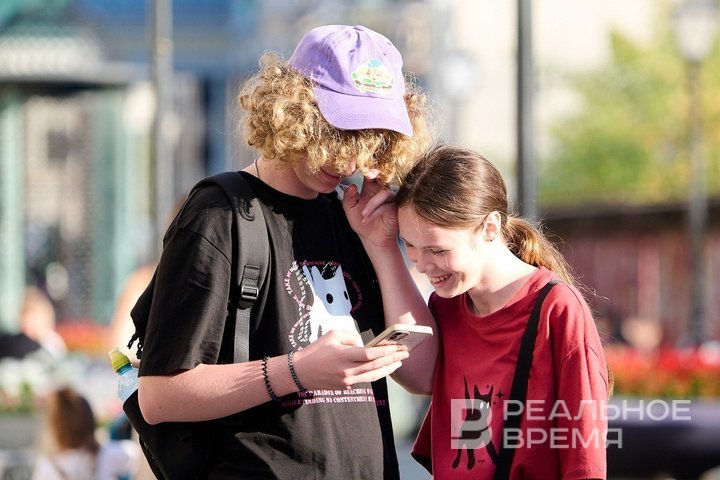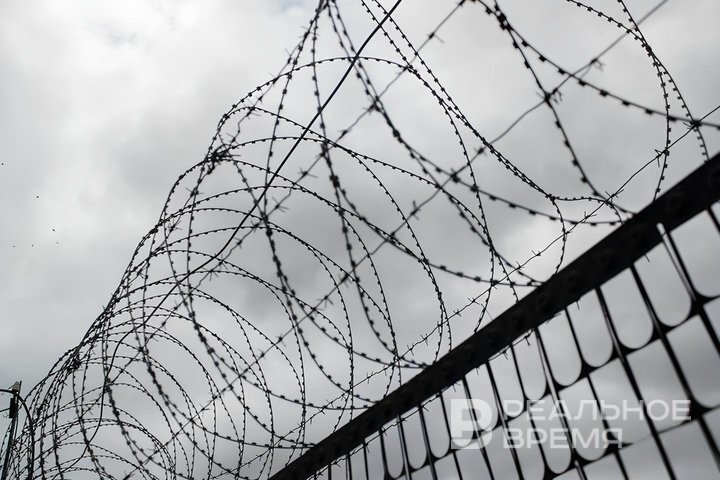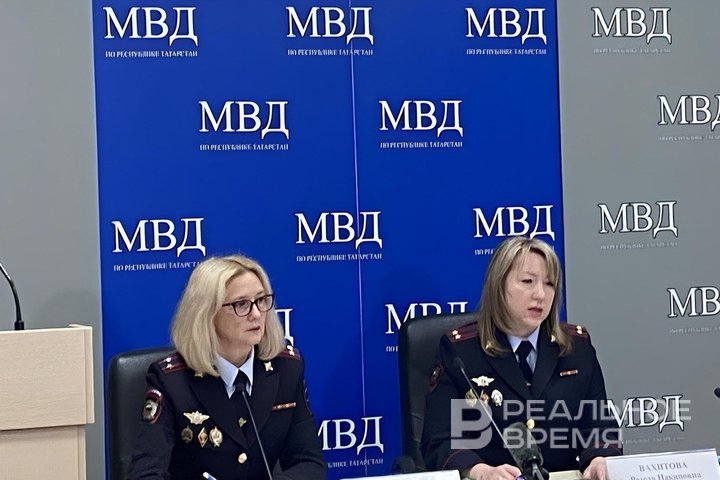Zero awareness of parents: since the beginning of the year, the number of juvenile crimes almost 50% up

In the first four months of 2025, the number of crimes committed by minors increased by 48.8% — from 258 to 384 cases. The most crime-prone areas were Kazan, Naberezhnye Chelny, Nizhnekamsk, Almetyevsk, Arsk and Kukmor districts. Parents of teenagers are not fully aware of all the types of manipulation that incline minors to crime. Read more about juvenile crime and the measures taken by services in Realnoe Vremy’s report.
The key factor in the growth of juvenile crime is the transition to the digital space
Teenagers are recruited via the Internet, promising easy money and convincing them that they will not face criminal liability. In Kazan, multi-episode cases with 27 and 33 drug caches have been solved, which has sharply increased the statistics. The police conduct preventive talks in schools and block dangerous websites, but the dynamics remain negative.
- If in 2021 there were 39 drug crimes, then in 2024 there were already 212.
Another dangerous trend is the involvement of teenagers in terrorist and sabotage activities. In 2024, a minor was brought to justice who, for money, persuaded five teenagers (including a 13-year-old) to set fire to cars, communication towers and railway equipment. The culprit received 17 years in prison, two of his accomplices — 5 years each.

Cybercrime is also gaining momentum: teenagers are used to send sabotage messages, buying up their accounts on social networks. Children become victims of cyberbullying (online bullying) and online grooming (sexual blackmail). Criminals manipulate teenagers, extorting intimate photos and involving them in criminal schemes.
- The most striking cases in 2025, which occurred due to the fault of teenagers, were: the arson of a base station in Nizhnekamsk and an attempt to set fire to a gunpowder factory in Kazan.
Summer holidays are a high-risk zone
With the start of the holidays, teenagers are often left without supervision: the law prohibits them from being on the street from 11 p.m. to 6 a.m., but violations are increasing. Another problem is dangerous entertainment: riding pit bikes and motorcycles leads to serious injuries and deaths. Parents are advised not to buy children such transport without training in traffic rules.
Organizing leisure time is a key method of prevention. In the summer, 172,000 children will go to camps (138 fixed, 46 tent, 830 daytime camps). Let us recall that 19,000 children are expected in summer school camps in Kazan.
However, even in such conditions, dangerous pranks happen: this month, two cases of placing foreign objects on railway tracks were recorded. There were also attempts to extinguish the Eternal Flame — such incidents are punishable by law.

It is worth emphasizing that family dysfunction is the root of many problems. In 2025, 713 crimes against children were registered, 47% of which were non-payment of alimony. Cases were also opened:
- for sexual violence (107 cases);
- cruel treatment (20 facts);
- road accidents with serious consequences (24 cases).
More than 3,500 families are on preventive registration, and 2,074 parents were held accountable for failure to fulfil their duties.
“337 employees in Tatarstan are engaged in the prevention of neglect, restoration of parent-child relationships and legal education. However, without the attention of society and responsibility of parents, the problem cannot be solved — juvenile delinquency requires a comprehensive approach,” said deputy head of the department for organizing the activities of departments for minors Rezeda Vakhitova.
From isolation to rehabilitation: how difficult teenagers are re-educated in Tatarstan
There are 77 temporary detention centres for juvenile offenders in Russia, and one of the best is in Tatarstan.
“Currently, the centre in our republic is one of the best and has a very infrastructure,” said head of the Temporary Detention Centre for Juvenile Offenders of the Ministry of Internal Affairs Diana Zabelina.
- Over the past five years, 1,250 teenagers have passed through the Kazan centre, and up to 50 pupils can be there daily.
“The centre operates in accordance with Federal Law No. 120 and is engaged not just in isolation, but in comprehensive work with teenagers: from psychological assistance to their subsequent placement,” added the head of the centre.
Teenagers who end up in the detention centre are fully provided with state support: five meals a day, clothing, school supplies and medicines. The medical and educational activities of the centre are licensed — daily examinations help to identify diseases at early stages. The educational process is conducted by teachers of the Russian-Tatar School No. 103 of the Novo-Savinovsky district of Kazan. Pupils study 20 subjects in equipped classrooms. Psychologists, lawyers and teachers work with them — all employees have specialized education.
According to the law, detention centres receive six categories of teenagers, which can be divided into three main groups:
- sent to special closed institutions (who have committed socially dangerous acts);
- committed administrative offences (in the absence of a place of residence in the region where the law was broken).
- voluntarily left educational and correctional institutions.

If earlier children from dysfunctional families — vagrants, non-students, psychoactive substance users — more often ended up in the detention centre, today the situation has changed.
“Now the centre accommodates teenagers from complete families, it would seem, receiving care and love from their parents, but still broke the law,” emphasized Zabelina.
Parents are not ready for the digital reality and its challenges
Recently, with the development of the digital space and the increase in the volume of personal data, cases of fraud are becoming more and more frequent. Discussing the level of awareness of parents about such threats, the Ministry of Internal Affairs employees told Realnoe Vremya that most of them do not know about the concepts associated with online grooming, swapping, cyberbullying and other forms of manipulation.
“We are just starting to introduce people to these terms through the Ministry of Education,” stressed the deputy head of the department for organizing the activities of the departments for minors.
When a crime involving teenagers occurs, they explain the situation to parents during preventive talks, but this does not always help.
“We also train teachers and educators in schools, but only about 10% of the total number of classes attend parent-teacher meetings,” she added.
Often, parents come to the assembly hall for such talks at the very end in order to get to class faster, which is why they remain insufficiently informed about new threats.